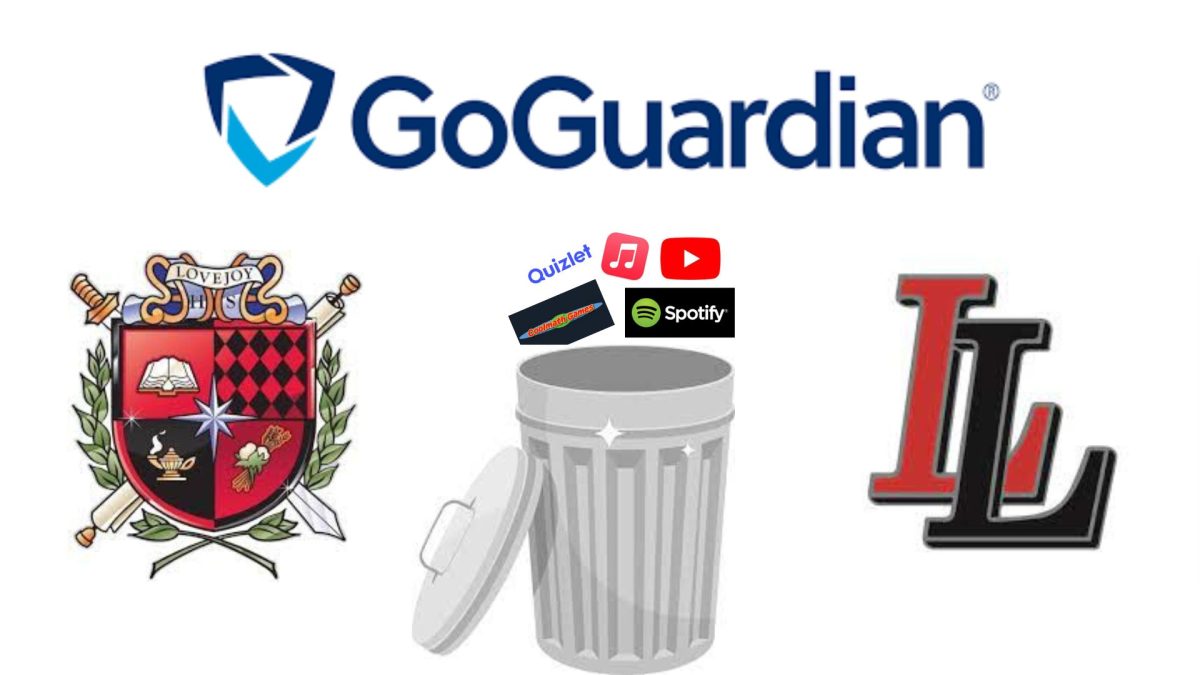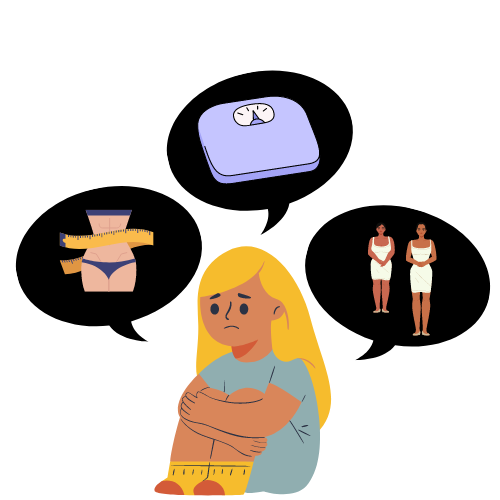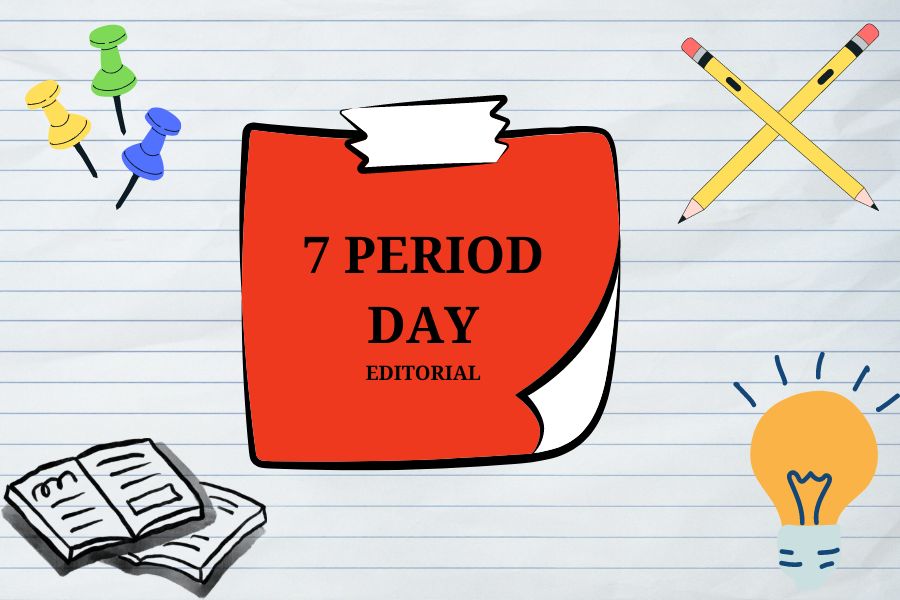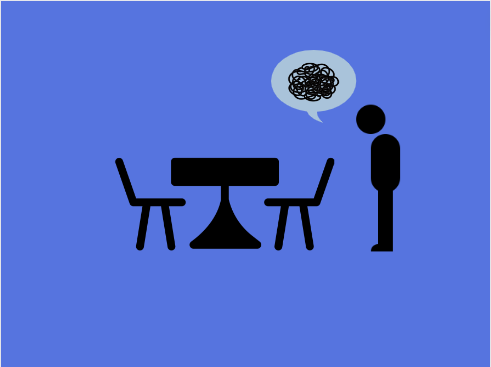GoIn recent years, Lovejoy High School has installed web filtering softwares, such as GoGuardian and Fortinet, onto students’ computers. Web filtering technologies block students from accessing certain parts of the internet, as well as limiting performance on the computer itself. Despite complaints from many students and Lovejoy community members, the filters are increasingly becoming stricter. While the original purpose of the software was to aid in students’ internet safety, it has become evident that the filters are doing more harm than good. Lovejoy High School’s web filters are too restrictive as they limit access to necessary information and hinder students’ view of the ‘real world.’
One frequent complaint is that the filtering technologies limit students’ access to necessary information, even the creators of Blocksi, a widely used web filtering software, agree. “Even though content filtering solutions are meant to shield kids from inappropriate or harmful content, they might restrict access to critical educational resources,” (School Web Filter: Benefits and Limitations, 2023). Unfortunately, many restrictions are set for educational sites on Lovejoy students’ laptops, making necessary information inaccessible. Among the most common restricted educational sites are Quizizz, Edpuzzle, and Peardeck, according to Lovejoy High School students. Blocksi creators add, “If the content filtering solution is too strict, it can keep students from accessing material that is necessary for their learning and development,” (School Web Filter: Benefits and Limitations, 2023). After too much filtering, students are left with weak and inaccurate sources. How are students expected to deliver satisfactory projects and assignments when their resources are botched?
In addition to just blocking information, the excessive web filtering also hinders students’ view of reality. High school is a critical period of transformation and should prepare students for life beyond walking the stage; educators are setting students up for failure by only allowing them to see reality through a filter. A recent article from Wired offers a prime example, “The ‘abortion’ category blocked a student from the homepage of Planned Parenthood, and the ‘advocacy organizations’ category blocked pages on the websites of Human Rights Watch and Amnesty International… the company’s “health and wellness” category blocked a student from viewing medical information about reproductive hormones,” (Feathers, 2023). If students are never exposed to real world scenarios, how will they know what to expect when they’re on their own? (Reader’s note: I accessed the information from Wired using my personal device as it was blocked by the web filters on my school laptop for mentioning topics such as reproductive health, abortions, and human rights’ concerns.) The same Wired article states that, “The school’s web filter prevented several high schoolers from finding information about mass shootings on the website of the nonprofit Gun Violence Archive…and an article about Dobbs. V. Jackson Women’s Health Organization, the 2022 US Supreme Court case that overturned Roe v. Wade,” (Feathers, 2023). Things such as human rights issues, reproductive health, and gun violence are all things to be encountered in the real world; so why not let kids learn about them through the safety of a screen before facing them firsthand?
Some may say that high schoolers are ‘just kids’ and it’s an educator’s job to protect them. But ultimately, an educator’s job is to educate. By instating excessive web filters to ‘protect’ students, they’re doing just the opposite. Similarly to a vaccine, safe amounts of exposure are exactly what someone needs to be able defend themselves against greater adversities.
All things considered, Lovejoy High School’s web filters are too restrictive and are doing more harm than good. The filters have severely limited students’ access to necessary information and hindered their view of reality. If the heart of Lovejoy is truly education, then they need to reconsider their methods.























